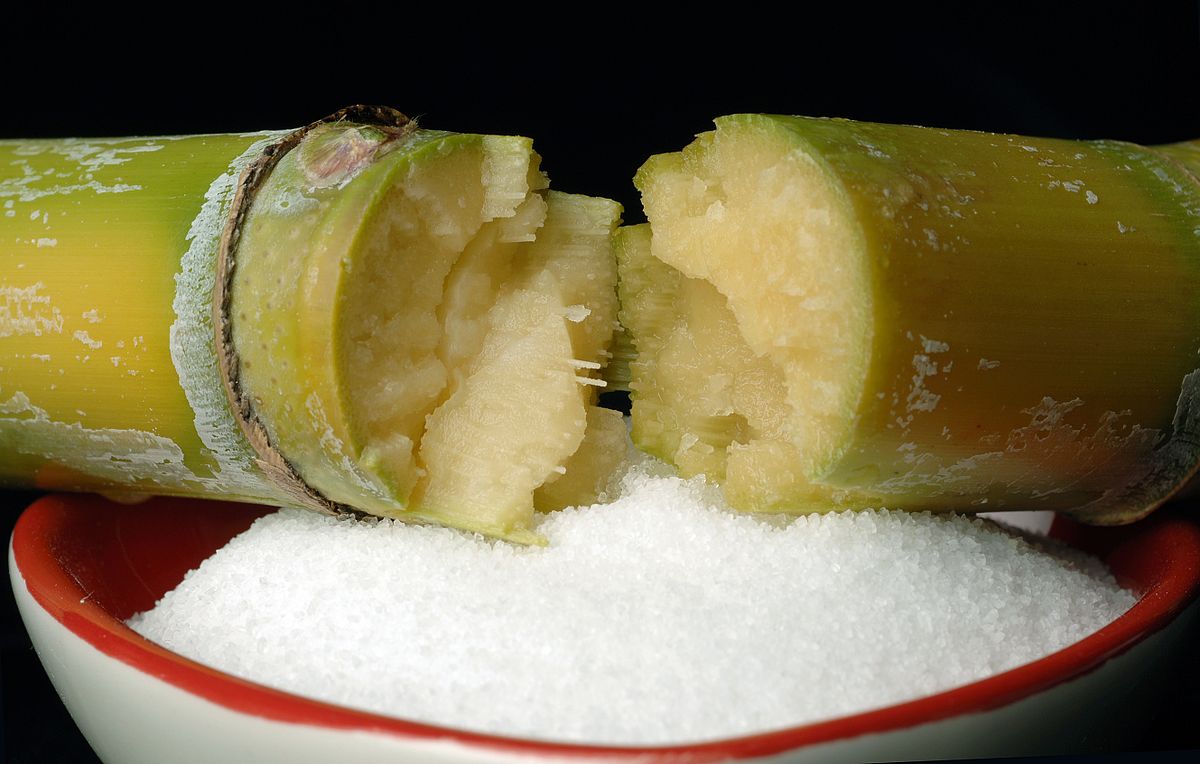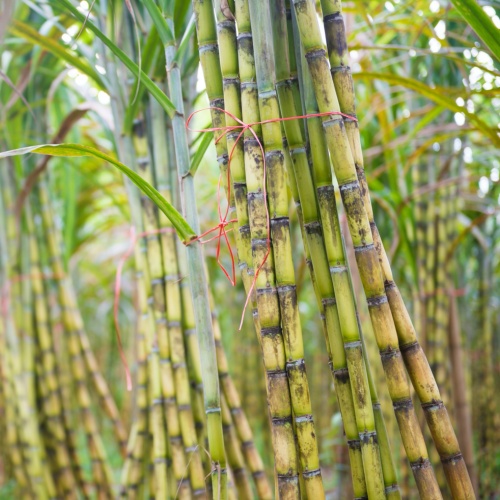Recognizing Cane Sugar Processing: A Comprehensive Review of the Stages
Recognizing Cane Sugar Processing: A Comprehensive Review of the Stages
Blog Article
A Thorough Review of the Wellness and Economic Implications of Walking Stick Sugar Handling on Regional Areas
Walking cane sugar processing plays a crucial duty in shaping the financial landscape of regional areas, providing work opportunities and stimulating supplementary industries. The health and wellness implications associated with high sugar intake can not be overlooked, as they add to increasing prices of obesity and diabetes.
Economic Advantages of Cane Sugar Processing
Walking cane sugar handling offers considerable financial advantages that expand past the immediate farming industry. The growing and handling of sugarcane produce numerous task chances, from farming to manufacturing and distribution. This employment generation not just sustains local economic climates but likewise fosters neighborhood advancement by offering steady income resources for family members.
In addition, the sugar market stimulates ancillary organizations, including transportation, tools supply, and product packaging services (Cane Sugar Processing). As these markets expand, they contribute to a more durable financial framework, enhancing total community resilience. The export possibility of refined walking cane sugar additionally amplifies financial benefits, positioning areas as competitive players in worldwide markets
Investment in contemporary handling facilities can cause raised performance and efficiency, therefore minimizing waste and enhancing source usage. This shift not just benefits the regional economic climate yet likewise supports sustainability initiatives by lessening ecological influences.
Furthermore, the profits created from cane sugar handling can be reinvested in regional infrastructure, education, and health care, promoting all natural neighborhood development. On the whole, the economic benefits of walking cane sugar processing are multifaceted, supplying a foundation for withstanding prosperity in farming areas.
Health And Wellness Dangers Related To Sugar Consumption
Excessive sugar intake postures significant health risks that warrant major attention. High intake of added sugars, particularly from refined drinks and foods, has actually been linked to many health complications. One of one of the most important concerns is excessive weight, as sugary diet regimens add to an enhanced calorie consumption without providing necessary nutrients. This extra can result in metabolic disorders, consisting of kind 2 diabetes, which has actually come to be progressively prevalent in both kids and grownups - Cane Sugar Processing.
Furthermore, high sugar usage is connected with heart disease. Raised blood sugar level degrees can cause insulin resistance, a precursor to different heart-related problems. In addition, sugar can have detrimental impacts on dental wellness, leading to dental caries and gum condition, as bacteria in the mouth flourish on sugar, creating acids that wear down tooth enamel.
Furthermore, emerging research study recommends a potential web link in between high sugar consumption and mental health and wellness conditions, such as clinical depression and anxiety. As areas grapple with these health dangers, it comes to be important to advertise recognition and urge healthier dietary choices. Dealing with sugar consumption is vital not just for individual health and wellness but likewise for the total health of neighborhood communities, highlighting the requirement for extensive public health strategies.
Ecological Influences of Sugar Production
Frequently forgotten in conversations about sugar's implications is the considerable environmental impact of sugar manufacturing. The growing of sugarcane frequently requires substantial land usage, bring about logging, loss of biodiversity, and disturbance of local environments. The conversion of forests and wetlands into sugar plantations can result in environment damage, harmful various types and altering ecological equilibrium.
Additionally, sugar manufacturing is resource-intensive, consuming substantial quantities of water for watering. This can result in deficiency of neighborhood water sources, detrimentally impacting both farming methods and area access to tidy water. Additionally, using chemical fertilizers and pesticides in sugarcane farming can add to dirt deterioration and water contamination, as runoff from these chemicals gets in nearby rivers and lakes, affecting aquatic life and human wellness.
The environmental impact extends to the processing stage, where energy usage and waste generation further exacerbate ecological concerns. Air pollution from shedding sugarcane fields, in addition to greenhouse gas exhausts, add to climate change. Thus, the ecological effects of sugar production warrant severe factor to consider, prompting stakeholders to embrace more lasting methods to alleviate these damaging impacts on local ecosystems and neighborhoods.
Work Creation and Community Development
The ecological challenges positioned by sugar production are usually counteracted by its possibility for economic benefits, particularly in work creation and neighborhood advancement. The walking cane sugar market offers as a substantial resource of employment in numerous backwoods, providing tasks across numerous skill degrees, from farming labor to handling and distribution duties. This employment not only supports specific families but likewise adds to the total financial vitality of neighborhood communities.
Moreover, the establishment of sugar handling facilities boosts supplementary companies, such as transport solutions, equipment supply, and upkeep providers. As these companies flourish, they produce added tasks and reinforce regional economic climates. The income produced from the sugar market also results in increased tax obligation incomes, which can be reinvested right into social work such as education and learning, medical care, and facilities development.
Moreover, the sugar industry commonly takes part in area development efforts, such as supporting local colleges and wellness programs, consequently boosting the lifestyle for homeowners. By fostering strong area connections and promoting economic development, the walking cane sugar processing sector plays a vital i was reading this duty in uplifting local populations, making it a vital component of lasting growth methods in sugar-producing regions.
Balancing Wellness and Economic Development
In navigating the intricacies of cane sugar handling, a critical challenge exists in stabilizing health factors to consider with financial development. The sugar market substantially adds to regional economies by generating work, promoting associated sectors, and increasing tax incomes. However, the wellness ramifications related to extreme sugar intake can lead to chronic diseases such as excessive weight, diabetic issues, and cardio concerns, which can concern public health systems and decrease workforce productivity.

Furthermore, governing structures can play an essential duty in guiding sector methods towards even more sustainable and health-conscious strategies. By fostering collaboration in between government bodies, health and wellness organizations, and the sugar market, areas can navigate the duality of wellness and financial development, making sure that the benefits of walking stick sugar processing are equitably shared while prioritizing public health.
Verdict
In conclusion, the processing of cane sugar provides both substantial financial advantages and noteworthy health risks for neighborhood communities. While it cultivates work production and boosts regional development, the associated health and wellness issues, specifically concerning excessive weight and diabetes mellitus, require a mindful harmonizing act. By advertising accountable usage and investing in community education and learning and sustainable techniques, it is feasible to make the most of financial advantages while decreasing negative wellness impacts, thus guaranteeing a much healthier future for local populations.
Furthermore, sugar can have harmful results on dental health, resulting in tooth cavities and periodontal illness, as germs in the mouth flourish on sugar, producing acids that deteriorate tooth enamel.
Resolving sugar consumption is vital not only find out for individual health and wellness yet also for the overall wellness of regional communities, emphasizing the requirement for extensive public health and wellness methods.
Frequently forgotten in discussions concerning sugar's effects is the considerable environmental impact of sugar production. The health and wellness effects connected with excessive sugar intake can lead to persistent diseases such as weight problems, diabetic issues, and cardiovascular problems, which can problem public wellness systems and lessen labor force productivity.

Report this page